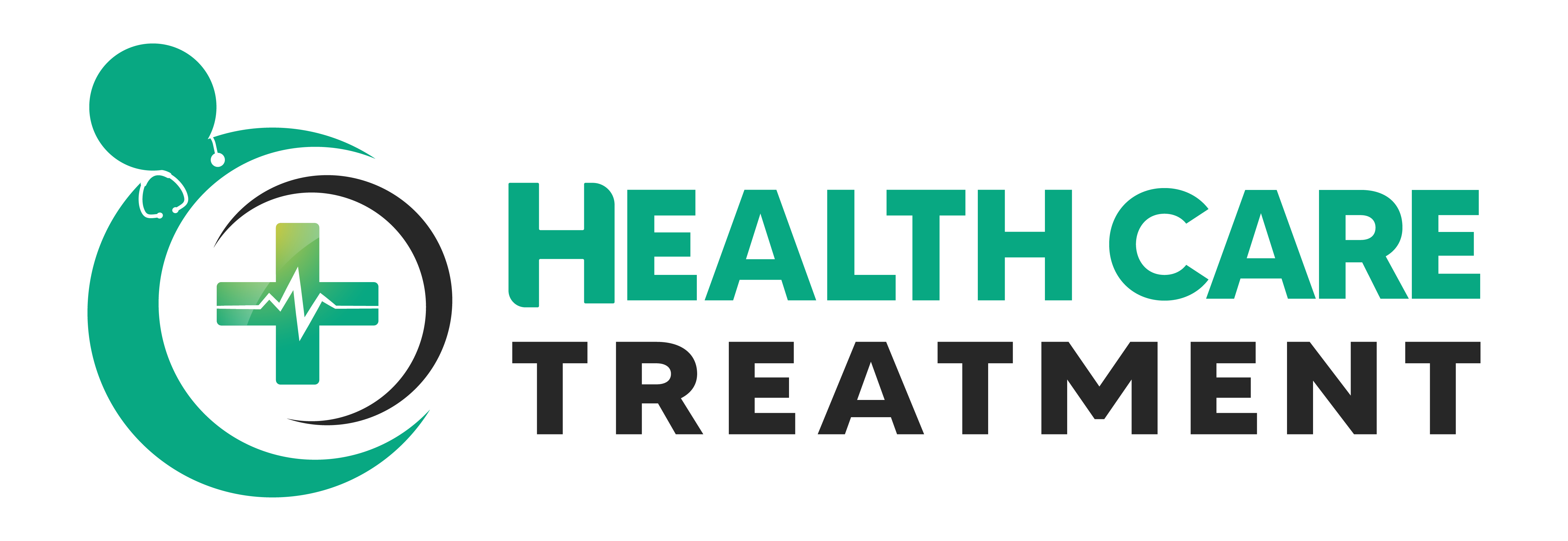16 Dec, 2024 | Stephen Andersen | No Comments
How Primary Care Providers Coordinate Specialized Medical Services

Primary care providers (PCPs) play a crucial role in ensuring patients receive comprehensive healthcare by serving as the first point of contact for medical needs. Beyond diagnosing and treating common ailments, PCPs excel at coordinating specialized medical services for conditions that require advanced expertise. At Lifestyle Pain Management, our primary care team is committed to creating a seamless healthcare experience by connecting patients with the specialists and resources they need while maintaining a holistic approach to their overall well-being.
The Role of Primary Care Providers
PCPs are often likened to the “quarterbacks” of the healthcare system. They oversee your medical history, track your progress, and guide you through the complexities of the healthcare landscape. Their coordination ensures that all aspects of your care—from routine check-ups to specialized interventions—are integrated and effective.
Key responsibilities of PCPs include:
- Conducting initial evaluations and identifying health concerns.
- Referring patients to appropriate specialists.
- Collaborating with other healthcare professionals to create personalized treatment plans.
- Monitoring treatment outcomes and adjusting care as necessary.
Identifying the Need for Specialized Care
One of the primary tasks of a PCP is identifying when a patient requires specialized medical attention. Whether it’s a persistent condition, an unusual symptom, or a chronic disease, a PCP leverages their expertise to recognize the signs that point to a need for advanced care.
For example, a patient presenting with persistent joint pain might initially receive treatment from their PCP. If the symptoms don’t resolve, the PCP may refer the patient to a rheumatologist for further evaluation. This streamlined process ensures timely diagnosis and treatment, preventing delays that could exacerbate the condition.
Building a Network of Specialists
A strong professional network is essential for effective care coordination. PCPs maintain relationships with various specialists, including cardiologists, orthopedists, endocrinologists, and more. These connections enable them to provide patients with referrals to trusted experts who excel in their respective fields.
This network also fosters collaboration. Specialists can share their findings with PCPs, ensuring that all healthcare providers involved in the patient’s care are aligned. Such communication reduces the risk of duplicated tests, conflicting treatments, or overlooked details.
Streamlining the Referral Process
Navigating the healthcare system can be overwhelming, particularly when specialized care is involved. PCPs simplify this process by taking the reins of referral coordination. They:
- Ensure that specialists receive the necessary medical history and test results ahead of consultations.
- Schedule appointments and provide guidance on what to expect during specialized care visits.
- Follow up with patients post-referral to address any additional concerns or questions.
By acting as a liaison between patients and specialists, PCPs minimize confusion and stress, allowing patients to focus on their recovery.
Monitoring Treatment Outcomes
After referring a patient to a specialist, the PCP remains actively involved in the care journey. They review the specialist’s recommendations, monitor progress, and ensure continuity of care. For instance, if a cardiologist prescribes a new medication for hypertension, the PCP will monitor the patient’s response and adjust other treatments as needed.
This ongoing involvement ensures that all medical interventions work cohesively, avoiding potential conflicts or side effects.
Enhancing Patient-Centered Care
At Lifestyle Pain Management, our PCPs emphasize patient-centered care by addressing the physical, emotional, and social aspects of health. Coordinating specialized medical services is part of this holistic approach, ensuring that patients receive personalized care tailored to their unique needs.
Through open communication, education, and support, our PCPs empower patients to take an active role in their health. Whether it’s helping manage chronic conditions or ensuring smooth transitions between specialists, we prioritize your well-being every step of the way.
The Future of Coordinated Care
Advancements in technology, such as electronic health records (EHRs) and telemedicine, are making coordinated care more efficient than ever. PCPs can now access and share medical records with specialists in real-time, enabling faster and more accurate treatment decisions.
Conclusion
Primary care providers are instrumental in bridging the gap between general health needs and specialized medical services. By managing referrals, collaborating with experts, and monitoring outcomes, PCPs ensure that patients receive comprehensive, high-quality care.
